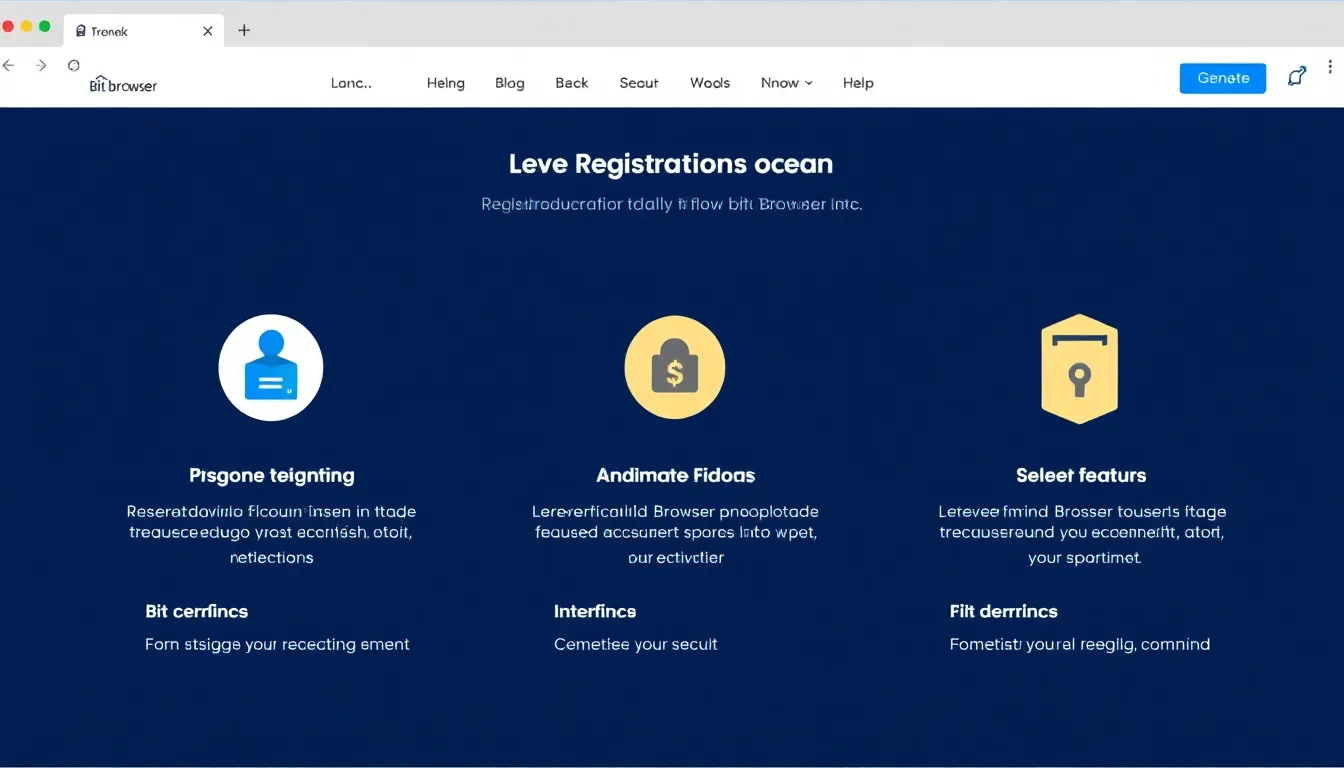In the rapidly growing world of decentralized casinos, ensuring compliance with Know Your Customer (KYC) and Anti-Money Laundering (AML) regulations is essential. While decentralized casinos offer increased privacy and security for users, they also present unique challenges when it comes to regulatory compliance. This blog explores the key KYC/AML considerations for decentralized casinos and how operators can navigate these challenges.
1. The Importance of KYC/AML in Gambling Regulations
KYC: Know Your Customer
KYC is a process that allows casinos to verify the identity of their users to prevent fraud and illegal activities. For traditional casinos, KYC is relatively straightforward, involving customer ID checks, proof of address, and other personal documentation. However, in the context of decentralized casinos, implementing KYC procedures can be more complicated due to the anonymous nature of blockchain transactions.
AML: Anti-Money Laundering
AML refers to the laws and regulations that require financial institutions and casinos to monitor and report suspicious activity that may involve money laundering. Decentralized casinos need to adopt AML measures that detect and prevent the use of cryptocurrencies for illegal activities, even though the transactions are often pseudonymous.
2. Challenges of Implementing KYC/AML in Decentralized Casinos
Unlike centralized casinos, where user data and transactions are tightly controlled and monitored, decentralized casinos operate on blockchain networks that prioritize user anonymity. This anonymity poses significant challenges for KYC/AML compliance. Implementing KYC/AML solutions without compromising the core principles of decentralization is a delicate balancing act.
To address these challenges, decentralized casinos need to leverage advanced Blockchain Casino Game Development Services that integrate compliance features while maintaining user privacy. Such services offer solutions that allow casinos to enforce KYC/AML regulations without compromising the decentralized nature of their platforms.
3. The Role of Smart Contracts in KYC/AML Compliance
Smart contracts can play a crucial role in ensuring that KYC/AML requirements are met. These self-executing contracts can automate identity verification processes, monitor transactions, and flag any suspicious behavior based on predefined rules. By integrating smart contracts into the casino’s platform, operators can ensure compliance while minimizing the manual oversight required.
For example, when a user deposits cryptocurrency into a decentralized casino, the smart contract can automatically check if the user has passed the KYC verification process before allowing them to place a bet. This ensures that all players meet the necessary regulatory requirements.
4. Integrating KYC/AML with Decentralized Platforms
There are several solutions available for integrating KYC and AML procedures into decentralized casino platforms:
Decentralized Identity Verification Solutions
These solutions utilize blockchain technology to create digital identities that are both verifiable and secure. They allow users to retain control over their personal information while ensuring that casinos can still verify their identities for compliance purposes.
Using Oracles for Compliance Monitoring
Oracles can be used to fetch real-world data on users and transactions, which can then be analyzed to ensure that the activities on the platform comply with KYC/AML regulations. This allows decentralized casinos to perform real-time compliance checks without sacrificing security or privacy.
5. Conclusion: Future of KYC/AML in Decentralized Casinos
As decentralized casinos continue to grow in popularity, KYC/AML compliance will remain a critical concern. While implementing traditional compliance measures in a decentralized environment presents challenges, advancements in blockchain and smart contract technology are paving the way for innovative solutions. By adopting robust compliance solutions, decentralized casinos can continue to provide a secure and anonymous environment for players while staying within regulatory guidelines.



